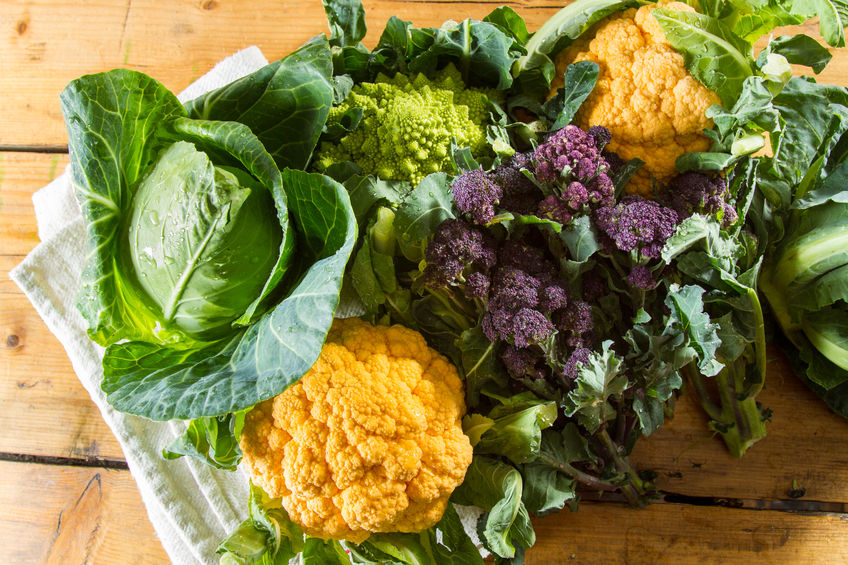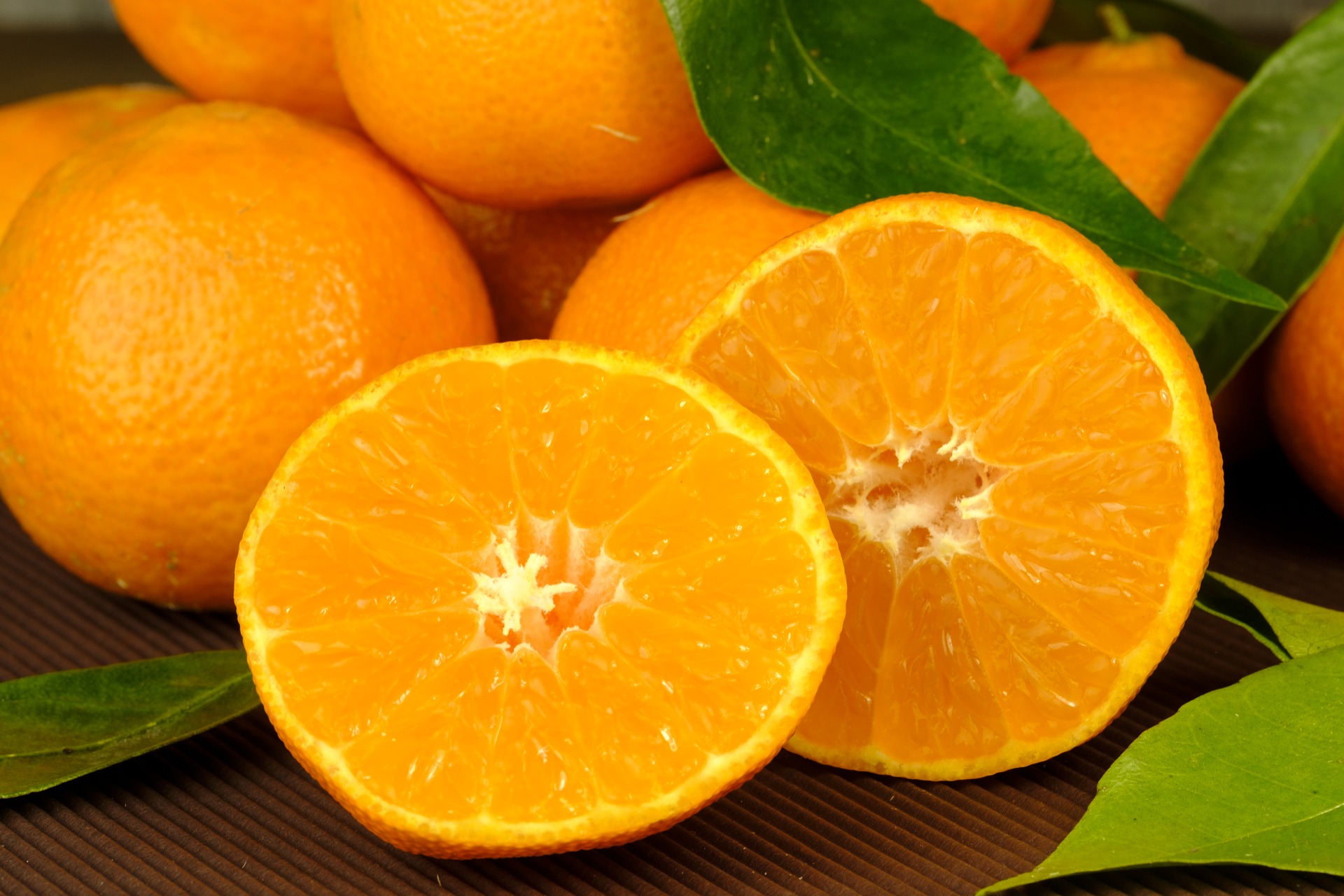Veganism is on the increase in millennials, according to new research from Vegan Life Magazine and The Vegan Society.
It’s currently very trendy to eliminate meat and all animal products from your diet and lifestyle after a survey of almost 10,000 people across England, Scotland and Wales showed that at least 542,000 people in Britain alone are now following a vegan lifestyle – over 350% in the last decade alone.
The traditional image of a vegan eating lettuce and lentils and wearing endless amounts of hemp is now an outdated one if the findings of a survey are anything to go by. 42 per cent of all vegans are believed to be between the ages of 15 and 34, compared with the 14% who are over the age of 65. The survey also looked at where plant based eaters were living and found that of those living in the UK, 88% were in suburban or urban areas and 22% called London home.
Why are so many millennials becoming vegan? It appears that the findings published by the World Health Organisation may have something to do with it. This report linked the consumption of processed meats like bacon and ham with the risk of cancer.
A few months later it was also revealed that approximately a third of Brits had cut back on their meat consumption due to this discovery. There have also been connections made with the rise in young vegans and its popularity amongst celebrities.
Many celebrities such as pop singer Ellie Goulding, boxer David Hayes and the tennis player Novak Djokovic have gone vegan and helping to promote the lifestyle in a way that it never would have been in the past.
It is effectively helping to reinvent the negative image that this lifestyle has suffered and along with social media channels and regular videos and Instagram style photo updates, veganism is starting to see a big increase and is becoming ever more accessible and this can be seen in the supermarkets and on the restaurant menus.
Why Go Vegan?
The health benefits of following a vegan lifestyle are becoming abundantly clear as by eating a more whole and plant based foods diet, devoid of any animal products it can significantly reduce the amount of saturated fats in the diet. This is because dairy products and meats are high in saturated fats and when they are reduced, it can help to vastly improve cardiovascular health.
A vegan diet is also high in fiber that can promote healthy bowel regularity, while the inclusion of more nuts, seeds and dark leafy greens can provide an excellent source of magnesium, when included as part of a really healthy diet. The high level of antioxidants can provide protection against cell damage and even help against certain kinds of cancer.
Prevalent in the vegan lifestyle is the abundance of phytochemicals and vitamins like A, C and E that can boost the immune system while benefiting the heart, skin, eyes, brain and that it may even help with preventing Alzheimer’s Disease.
Most importantly, a healthy vegan diet has been shown to provide protection against Type 2 diabetes, breast cancer, cataracts, colon cancer, prostate cancer, cholesterol levels, macular degeneration, arthritis and osteoporosis amongst other health problems.
There are also many physical benefits to adopting a vegan diet including clearer skin, nails and hair, healthy weight loss, freedom from PMS, migraines, body odour, allergies and much more.
There are also environmental reasons to become vegan and these include out of concern for animals, the environment, global food supply, along with avoiding hormone consumption (from the animals injected with them to speed up their growth), antibiotics, along with avoiding serious bacterial infections such as salmonella and E.coli amongst others.
For all of the above reasons, many people are deciding to forego meat and animal products as they can encourage them to become more consciously aware about what’s on their plate and how it can affect both their health and the environment.
So what’s the bad news?
The downside of following a vegetarian or diet however is that it can result in the overeating of starchy carbohydrates. Many meals may suddenly evolve around the starch based ingredients instead – such as bread, wheat products (flour), oats pasta, rice, potatoes, etc.
Starchy carbohydrates regardless of the form are not healthy as they break down into sugar in the body and can increase inflammation which raises the risk of and contributes to all manner of health problems and diseases in the long term. Avoiding starchy carbohydrates is therefore recommended for best health.
Now There Is A Healthier Solution…
Legumes may be the answer. High in protein, rich in fiber and essential nutrients, legumes are healthy, filling and the ideal solution to avoiding starchy carbohydrates. The Really Healthy Pasta™ range includes Fusilli and Penne shapes and in a wide variety of flavours including Black Bean, Buckwheat with Golden Flaxseed, Chickpeas, Mung Bean, Red Lentils, etc.
Now it’s possible to replace starchy carbohydrates while still enjoying your favourite pasta dishes, whether it’s for lunch, dinner, as a snack or even for breakfast. Really Healthy Pasta™ is made from legumes, is vegan, non-GMO, organic and makes for a healthy meal replacement any time of the day or night.
Really Healthy Foods™ can also provide a healthy alternative to oats and traditional wheat products. Consisting of Really Healthy Flour™ and Really Healthy Oats™, these are excellent substitutes for wheat flour and oats – that often contain gluten and may not be suitable for coeliacs or anyone with a gluten intolerance.





